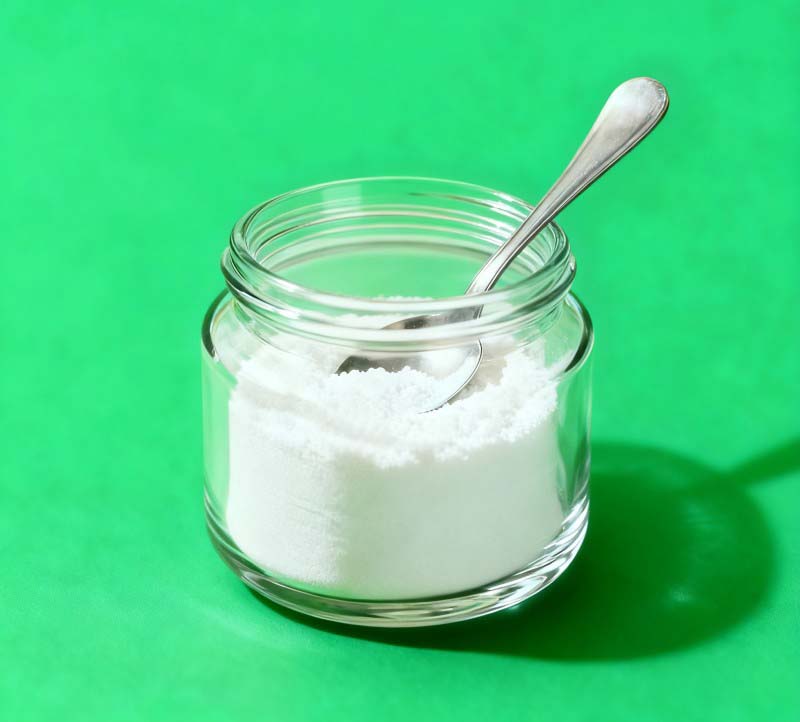How Much Biotin Is in an Egg Yolk?
An egg yolk contains approximately 10 micrograms (mcg) of biotin per large, cooked egg. This represents about 33% of the Daily Value (DV) for an average adult.
If you’re looking into the biotin content in egg yolks, you’re likely on a journey to better health, stronger hair and nails, or simply optimizing your nutrition. This comprehensive article will not only give you the exact numbers but also explore the science, benefits, and important considerations surrounding this essential vitamin.

Let’s cut to the chase. A typical large, cooked egg yolk provides about 10 micrograms (mcg) of biotin. For context, the recommended Daily Value (DV) for adults is 30 mcg. This means a single egg yolk delivers a substantial one-third of your daily biotin needs.

It’s important to note that this value is for a cooked egg yolk. Raw egg whites contain a protein called avidin, which can bind to biotin in the yolk and prevent its absorption in the intestine. Cooking the egg denatures avidin, neutralizing this effect and making the biotin fully available for your body to use.
Your search for “how much biotin in egg yolk” likely stems from one of these common health and wellness goals:

While egg yolks are a good source, how do they stack up against other biotin-rich foods?
The advantage of egg yolks is their accessibility, affordability, and versatility in the diet.

This is the most important caveat when discussing biotin and eggs. Consuming raw egg whites can lead to biotin deficiency.
The protein avidin in raw egg whites binds extremely tightly to biotin, forming a complex that the digestive system cannot break down. When you eat a raw egg, the avidin can latch onto the biotin from the yolk and any other biotin in your digestive tract, rendering it useless. Cooking eggs is the simple solution, as heat permanently deactivates avidin.
To maximize the biotin benefits from eggs: